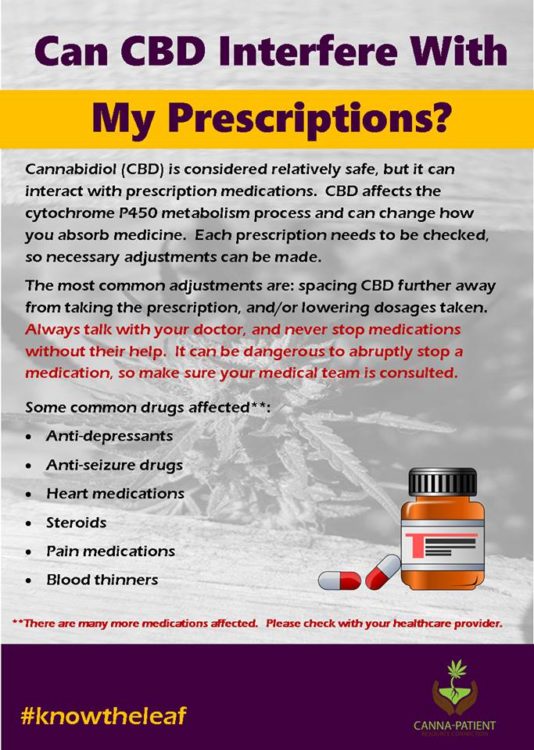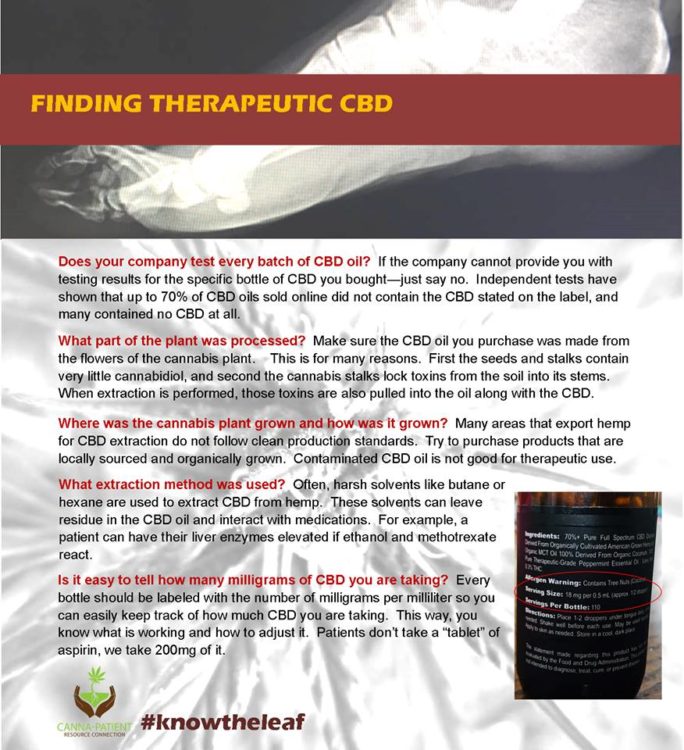5 Surprising Things I Learned About Using CBD Therapeutically
Cannabidiol (CBD) has been getting some serious press and is becoming a huge trend. You can find it in nearly everything from the morning latte to the evening bath bomb. Advertisements, articles, and sales people claim CBD can help most conditions from general anxiety to arthritis. For a patient with chronic illness, all of this can be overwhelming and confusing.
• What is Ehlers-Danlos Syndrome?
• What Are Common Ehlers-Danlos Syndrome Symptoms?
When I wanted to find out more about how CBD could help my autoimmune arthritis and Ehlers-Danlos syndrome, it was nearly impossible to find information. Within minutes I had multiple sites with contradictory information popping up, and sales people filling my inbox so fast I wanted to pull my hair out.
I could not tell what was real and what was fiction. Very quickly I realized there are several ways to use cannabidiol, and there was very little out there about therapeutic use. Most use is described from a nutritional standpoint, despite being touted as healing. There was no real dosing information; it was not consistent, and was depicted as more of a fashion statement.
In these situations, I also found the representatives didn’t know very much about how to use their product, or the legalities regarding CBD. I noticed the drug interactions downplayed. So I want to share with you five of the biggest surprises I found when researching therapeutic uses of cannabidiol.
- Cannabidiol can have drug interactions. While cannabidiol is relatively safe, it does have some legitimate potential interactions to watch for. CBD can interact with many oral medications simply because it is metabolized by cytochrome P450, along with most other medications. This is just one of several interactions a chronically ill patient must be aware exists. If you have autoimmune arthritis, there is a chance you could be on medications like methotrexate or hydroxychloroquine. Both of those could potentially interact with CBD and you might need to adjust your medications. Always check with a pharmacist before starting CBD to see what exact changes need to be made. Often it is as simple as spacing out dosing, but sometimes a medication needs to be changed all together. This goes beyond the commonly disregarded “grapefruit warning” cited by CBD sales people across the globe.

- CBD is not legal in all 50 states. Let’s say that again for posterity – CBD is not legal in all 50 states. The Farm Bill of 2018 legalized hemp, not CBD. Those two terms are not interchangeable. Within hours of the 2018 Farm Bill’s signing, the FDA announced it was regulating cannabidiol as an “active pharmaceutical ingredient,” which makes any introduction to the market place illegal, whether hemp or cannabis derived. They recently clarified this in April 2019, and announced a hearing to see if they could find a pathway to nationwide legal CBD. Until the FDA comes out with their regulations, which could take years, CBD is legal on a state-by-state basis in the United States.Each local municipality has its own laws regarding possession, cultivation and distribution. Businesses have been advised to take the risk and market their CBD as long as they aren’t making medical claims, because the FDA doesn’t have the resources to enforce such prolific markets.However, this is a very different risk than the risk a patient takes driving through Idaho with a five-ounce bottle of CBD isolate. In Idaho, you could be arrested and charged – even for hemp CBD. However, just further southeast in Colorado, cannabidiol is protected as a naturally occurring substance in hemp foods and is perfectly legal. I advise otherse to not purchase CBD from anyone who lies bout its legal status. Most CBD sales people are aware of these legalities, but still place the patient at risk by telling them that CBD is legal in the United States. These salespeople will not cover your bail. While civil disobedience is a wonderful tool for political change, it should not be forced on a patient. You shouldn’t find out CBD is illegal in Idaho when the officer is booking you on drug charges. It is up to you to know the laws of your specific area.
- You can fail a drug test, even with a CBD isolate. There is no such thing as true a CBD isolate. As far as I’m aware, the closest any manufacturer has come to a CBD isolate still has 0.01 percent tetrahydrocannabinol (THC) in it. That small amount of THC can build up over time and possibly cause you to fail a drug test. If any part of your existence depends on passing a drug test, I suggest not using any form of CBD. Patients have been dismissed from pain management, government housing benefits have been denied, and patients have been fired from jobs when they failed drug tests despite just using CBD. While it is rare, people do fail drug tests, even when using products labeled “THC-free.” Make sure you incorporate this into your decision when choosing to try CBD for any illness. Therapeutic uses usually require consistent, higher dosing which puts the patient in a higher risk category for a failed drug screening.

- It is illegal to give a minor CBD unless you are following state law.Many parents have considered giving CBD to their children for things like arthritis, epilepsy, and POTS. There is no state in the United States that allows unbridled use of CBD for minors. If you choose to give this to a minor, be sure you are following all the requirements for your state’s medical marijuana program. As we’ve learned, there is no such thing as a CBD isolate, or “THC-free” CBD. That product does not exist. Your child can test positive for THC, so consider the implications if they are drivers or they are in pain management. If your child tests positive for THC, there is also the risk of Child Protective Services getting involved, and this has led to some very traumatic situations for patient families under the impression that CBD was legal to administer to their minor child.
- Cannabidiol is psychoactive. We often see advertisements and articles that describe cannabidiol as non-psychoactive, but this couldn’t be further from the truth. Psychoactive just means that the substance can affect the mind, and CBD can. Without psychoactivity, cannabidiol would not be effective for neurological disorders like epilepsy. Cannabidiol is not intoxicating, which is very different than being non-psychoactive. People have experienced some mind-altering
effects when taking CBD, so it is best to see how you react when trying a new CBD product for the first time.

